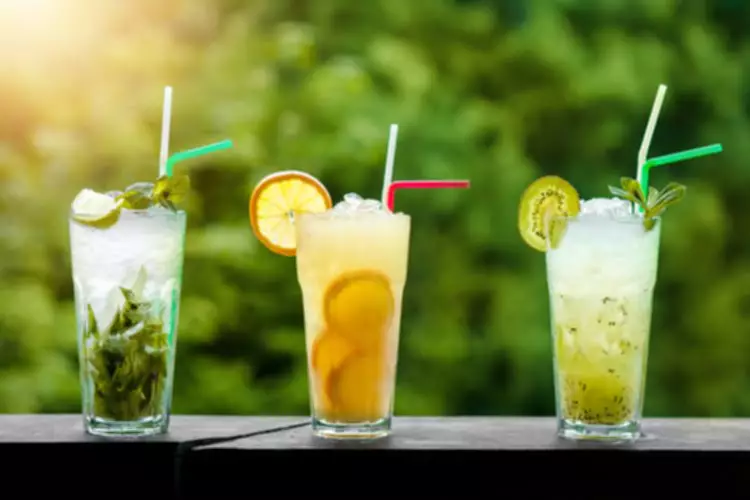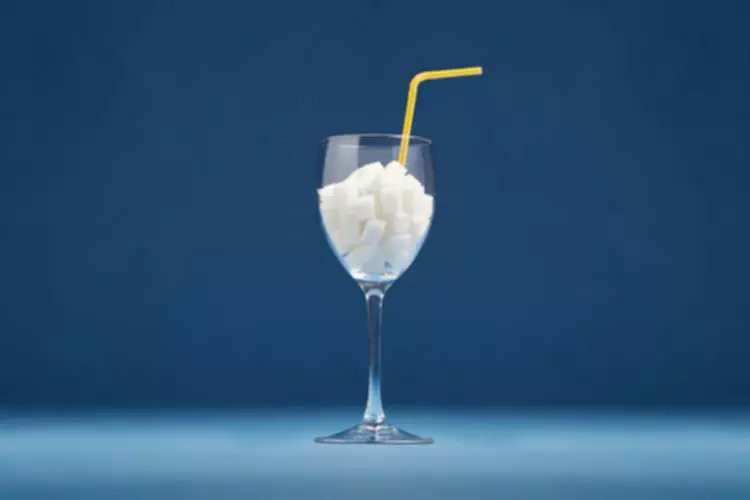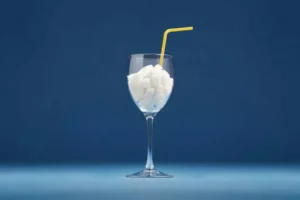
As that debris accumulates, it can cause a host of short- and long-term problems. During sleep, your brain seizes the opportunity to clear itself of debris by activating an internal power-washing system. When people struggle with sleep, they rarely consider alcohol as the culprit. Technically, yes — alcohol is considered a depressant, meaning it can make you feel relaxed, uninhibited, and for many, sleepy.
Limit coffee-drinking to this time window to lower early death risk, study suggests
While some people find that drinking alcohol helps them fall asleep more easily, alcohol ultimately has a negative impact on sleep. Even in moderate amounts, alcohol consumed in the hours before bedtime can cost you sleep and leave you feeling tired the next day. Based on data from roughly 160,000 Sleep Foundation profiles, nearly 90% of respondents who regularly consume alcohol in the evening have reported at least one sleep-related problem. Alcohol may also exert some of its effects on sleep by influencing the circadian rhythm. The circadian rhythm is responsible for keeping the body anchored to a 24-hour cycle. As part of this 24-hour cycle, the body releases a hormone called melatonin to prepare us for sleep in the evening.
Alcohol-induced sleep disorders
The homeostatic drive is responsible for keeping our body balanced, and it’s one of the major mechanisms that regulates the sleep-wake cycle. The homeostatic drive prompts sleep by boosting levels of adenosine when we’ve been awake for too long. So it’s easy to understand why young people can become locked into a repetitive cycle of sleep deprivation, alcohol dependence, risky behaviour and addiction.
- If you feel pretty drunk, you’ll probably fall asleep quickly but have a restless night.
- As blood alcohol levels rise and fall, alcohol exerts different effects on your sleep.
- “Consuming alcohol suppresses the central nervous system, and when it’s been suppressed for a significant period of time, the reverse happens.
- Normal sleep cycles through four stages, which are either considered rapid eye movement (REM) sleep or non-REM sleep.
- They shared science-backed insights about how a short break from alcohol can affect the body and mind, as well as strategies to make this mini New Year’s resolution a success.
When Should I Stop Drinking Before Bed?
However, as a general rule for the odd occasional drink, stick to having a drink with a gap of at least 4-5 hours before bedtime. According to the Sleep Foundation, people who have alcohol use disorders often experience symptoms of insomnia, which is the most common sleep disorder. At the does liquor help you sleep same time, many people with insomnia routinely use alcohol to fall asleep.


Whatever you want to call it, it’s hard to deny the exhausting epidemic affecting millions of people all over the world. People, as a whole, are getting less rest and are desperately turning to pills or other aids amphetamine addiction treatment as a result. Your deep restful sleep tends to be more prevalent in the first few hours but decreases during the second half. Alcohol increases levels of adenosine, a key component of the homeostatic drive.
- The content on this page has been created independently from the Forbes Health Editorial team.
- While a drink now and then may have a sedative effect that causes you to drift off faster, research shows that it can impede sleep quality in the long run.
- The combination of alcohol and sleeping pills can even cause your breathing rate to drop to a dangerously low level and make you unresponsive.
- The body takes about four to five hours to get rid of half the alcohol you consume.
Alcohol and sleep FAQ
But over the course of the night, it can wreak havoc on your sleep architecture and lead you to toss and turn. Rather than sipping red wine, consider instead having a glass of tart cherry juice, which is a good natural source of melatonin. During this stage, your eyes stop moving and your body temperature drops to prepare you for deeper sleep. Stage 2 sleep typically takes about 25 minutes the first time you enter it during the night, and as your sleep cycle repeats itself, this stage gets longer and longer, eventually making up about 45% of your total sleep.

Why Do Alcoholics Often Experience Insomnia?
In a study interviewing abstinent alcohol dependent people, a substantial proportion described having been aware that alcohol disturbed their sleep, but that they needed to drink to get to sleep. So alcohol use may create sleep disruption, but the sleep disturbance in turn, elicits greater alcohol use. Research shows that even late afternoon drinking with a delay of 6 hours before bedtime can disrupt sleep. This is further supported by research that indicates that alcohol has a relatively long-lasting change in circadian rhythm and sleep regulations.
- But part of a smart, sleep-friendly lifestyle is managing alcohol consumption so it doesn’t disrupt your sleep and circadian rhythms.
- It’s easy to understand why sipping a glass of wine might sound like the perfect way to wind down before bed at the end of a busy day.
- Furthermore, alcohol slows and shallows breathing, relaxing the muscles of the throat and further causing the upper airway to collapse.
- So yes, a sneaky lunchtime drink is certainly better than later in the day, but remember that alcohol has a way of manifesting itself on the body’s clock, even if after its left the sleeping brain.
- First, facts and situations get written into your brain in a place reserved for short-term storage.
Health Benefits Of Dragon Fruit, According To Experts
Evidence suggests that consuming alcohol may decrease the body’s sensitivity to cues, like daylight and darkness, which trigger shifts in body temperature and secretion of the sleep hormone melatonin. These fluctuations play a vital role in the sleep-wake cycle, and when they are weakened—or https://ecosoberhouse.com/ absent—a person may feel alert when they want to sleep and sleepy when they want to be awake. If you don’t drink alcohol, there’s no need to start, but if you do, moderate drinking to maintain optimal health is defined as no more than one drink for women per day and two drinks for men. So, if we should limit our daily alcohol for health, but we’re also okay with it as a recovery beverage after a 10K, then maybe the lines are blurry when it comes to alcohol and performance. However, as alcohol abuse progresses, a person’s sleep pattern becomes shifted and disrupted, thus perpetuating the perception that you may need alcohol to help you sleep.

How long before bed should you stop drinking?
Sleep apnea is a common disorder that causes breathing to repeatedly stop and restart during sleep, affecting the amount of oxygen your body gets. Individuals with sleep apnea often snore, gasp for air while asleep and wake frequently throughout the night. You may wake feeling tired, groggy and not well rested—even if you seemingly slept the entire night.
How Does Soda Affect Sleep?
- Answer three questions to understand if it’s a concern you should worry about.
- While alcohol can help you fall asleep, it does not help you stay asleep during the later hours of the night.
- Proceed with caution when drinking before bedtime, as alcohol may be affecting your sleep more than you realize.
- But while this may be the case with lower doses of alcohol (lower than a standard drink), there’s evidence that your sleep quality may diminish over the course of the night—especially if you’ve had more than a low dose.
- Our urine production naturally decreases when we sleep, allowing us to sleep between 6 to 8 hours without needing to use the restroom.
It’s easy to forget just how enormously complex the brain’s memory system is. You must remember some things, but not everything, or your mind will be overrun with trivial details. Some things truly are best quickly forgotten, such as the color of every car you passed on the road.